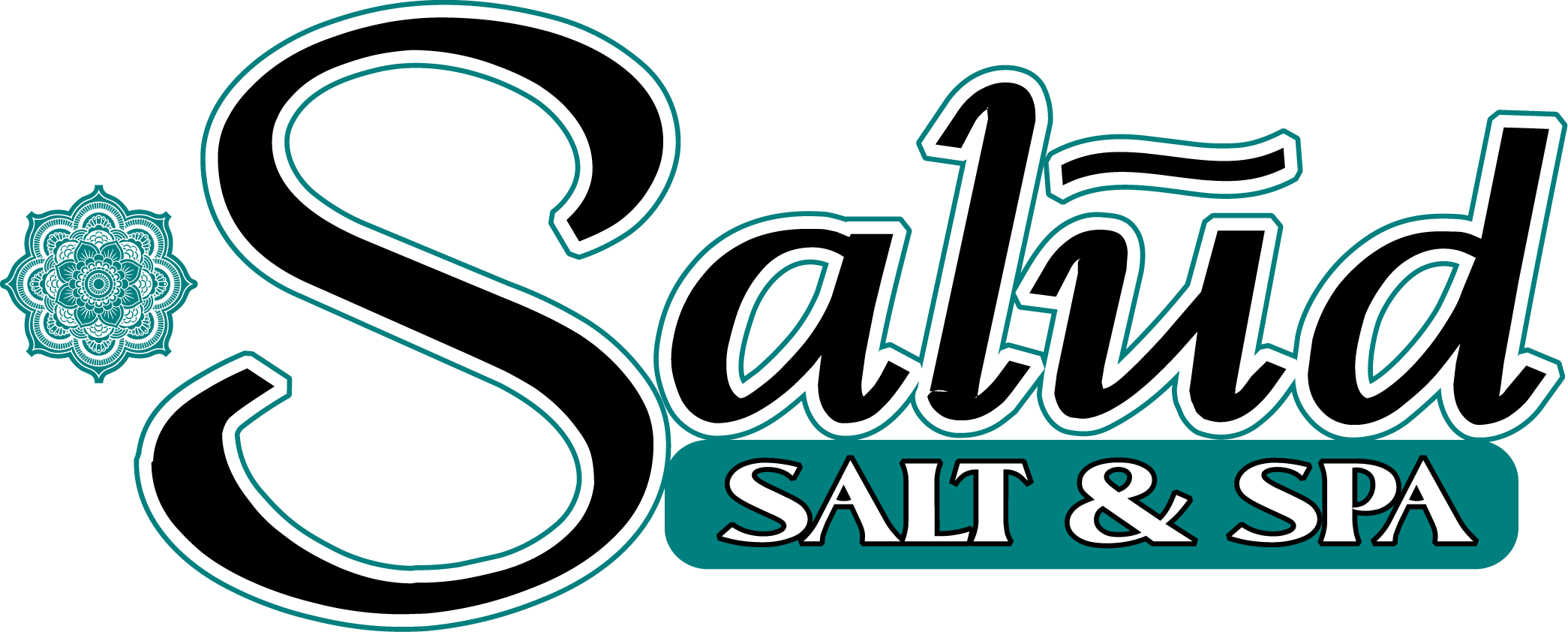One Stop Wellness
Within our building we strive to provide our clients with a sense of health, clarity, calmness, and beauty. All aspects of our business come together with the salt cave, reflexology, reiki, massage therapy, esthetics, and salon services.
What is Reflexology?
Reflexology, also known as zone therapy, is an alternative medical practice involving the application of pressure to specific points on the feet and hands. While it isn’t used to diagnose or cure diseases, millions of people around the world use reflexology to compliment other treatments when addressing conditons such as:
- Circulation
- Headaches
- Digestive Issues
- Chronic pain
- Cardiovascular issues
- Kidney function
- Anxiety
- Sinusits
- Cancer treatments
- PMS
- Diabetes
- Asthma
Reflexologists use foot maps to guide their work, such as the reflexology chart shown below. The left foot corresponds to the organs found on the left side of the body and the right foot to the organs on the right side.



Pressure on the reflex points also helps to balance the nervous system and stimulates the release of endorphins that help to reduce pain and stress.



1 Hour
Frequently Asked Questions
Is my Reflexology session customized to me?
Absolutely, your session is customized to your individual needs when you arrive. A client intake form will be gathered your first appointment with us to let us know any major health history or current concerns. You should also let your therapist know if they are any changes when arriving for future services. Each session the therapist will customize the techniques to aid your current ailments.
When should I not take part in Reflexology?
If you have foot ulcers, recent injury, foot or ankle wounds, gout, or a cardiovascular condition, reflexology may not be appropriate or safe.
How do I prepare for a Reflexology session?
Please arrive early to fill out appropriate paperwork. A client intake form may be filled out before you arrive or when you come to your session. This gives the therapist the acurate information to apply reflexology techniques that will benefit your health and current concerns. Wear comfortable clothing to relax in our lounge chair or on our massage table.
What should I do after my session?
Over the next 24 hours following your treatment, make sure to drink plenty of water to keep hydrated. This can help improve your energy levels while flushing out toxins. Try to avoid any strenuous exercise, and rest for at least two hours after your treatment.
Drinking tea, coffee, alcohol, or other stimulating drinks can diminish the effectiveness of your session, so try to avoid these if possible.
How many sessions will I need?
The number of sessions you will need before you begin experiencing the benefits can vary from person to person. Some people may notice the benefits straight away, while others find that their mood and sleep patterns improve over the course of multiple sessions.
Do I need parental Consent for a Reflexology session?
Reflexology is benefical to all ages. In the state of Wisconsin anyone under the age of 18 will be required to have a signed parental consent to treat form
What should I expect during my first Reflexology session?
You will be asked to remove your shoes and socks and sit comfortably in a reclining chair or on a massage table. The reflexologist will assess the feet and stimulate various points to identify areas of tenderness or tension.
Can a Reflexologist diagnose me?
Reflexologists cannot offer diagnosis. Reflexology should be used as a complementary, not alternative form of therapy to help improve your overall sense of well-being. If you are concerned about any physical or psychological symptoms, you should always speak with your general medical practioner.
Can my child come to my session with me?
While we do offer services to all ages, we ask that minors not be left unattended in the lobby area. If a child is with an adult they will be asked to sit in on the therapy session with their parent or guardian.
